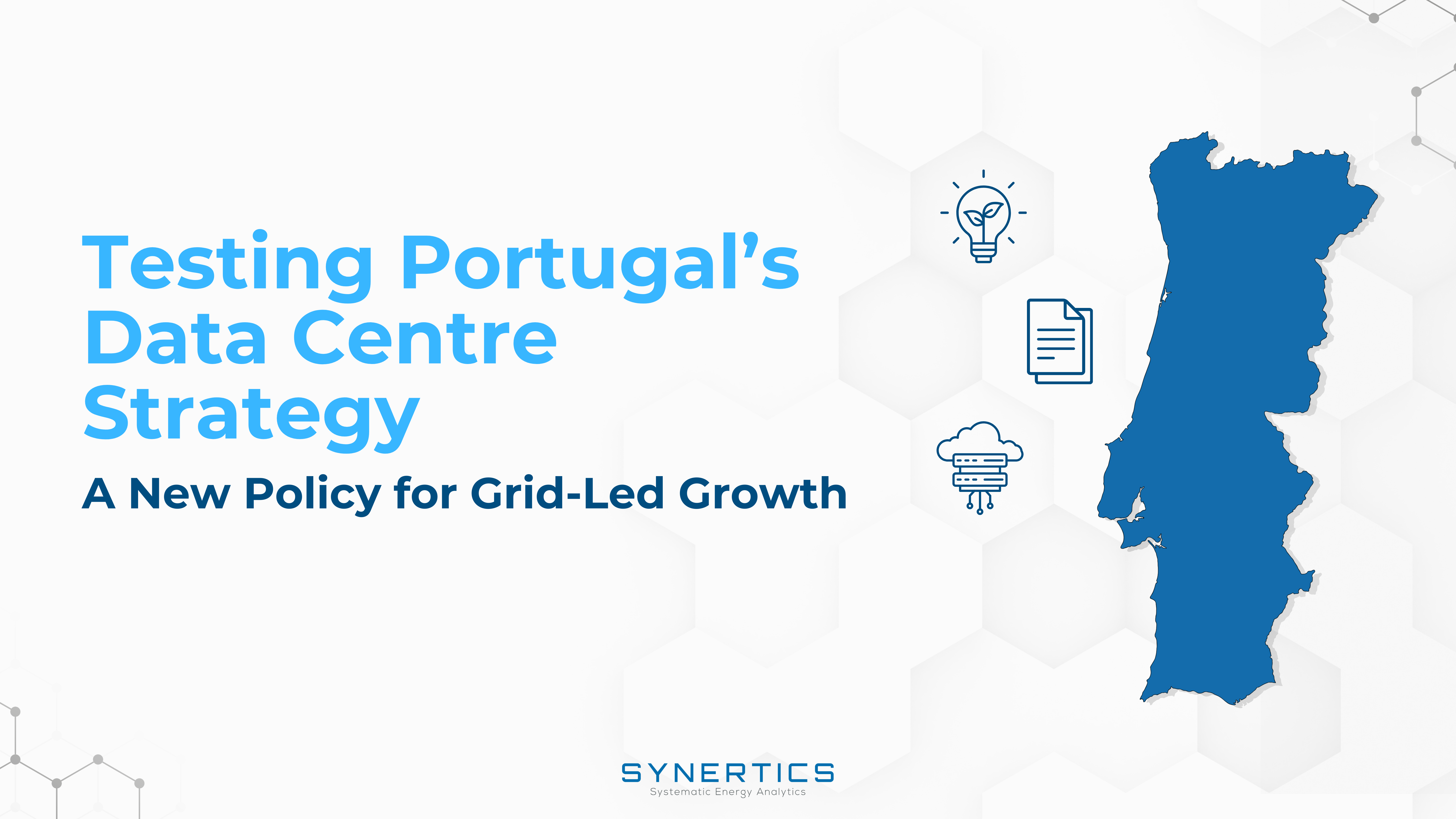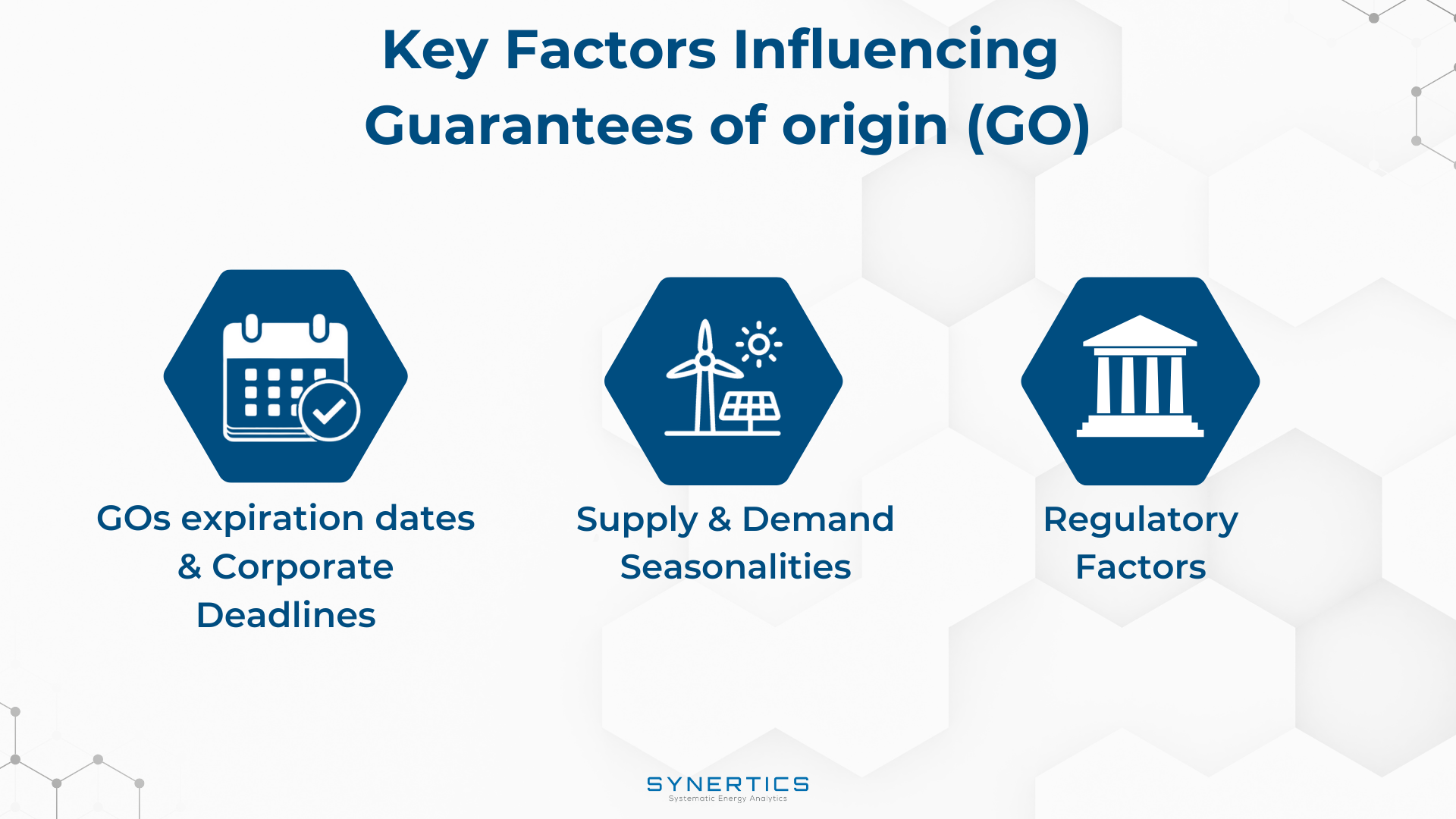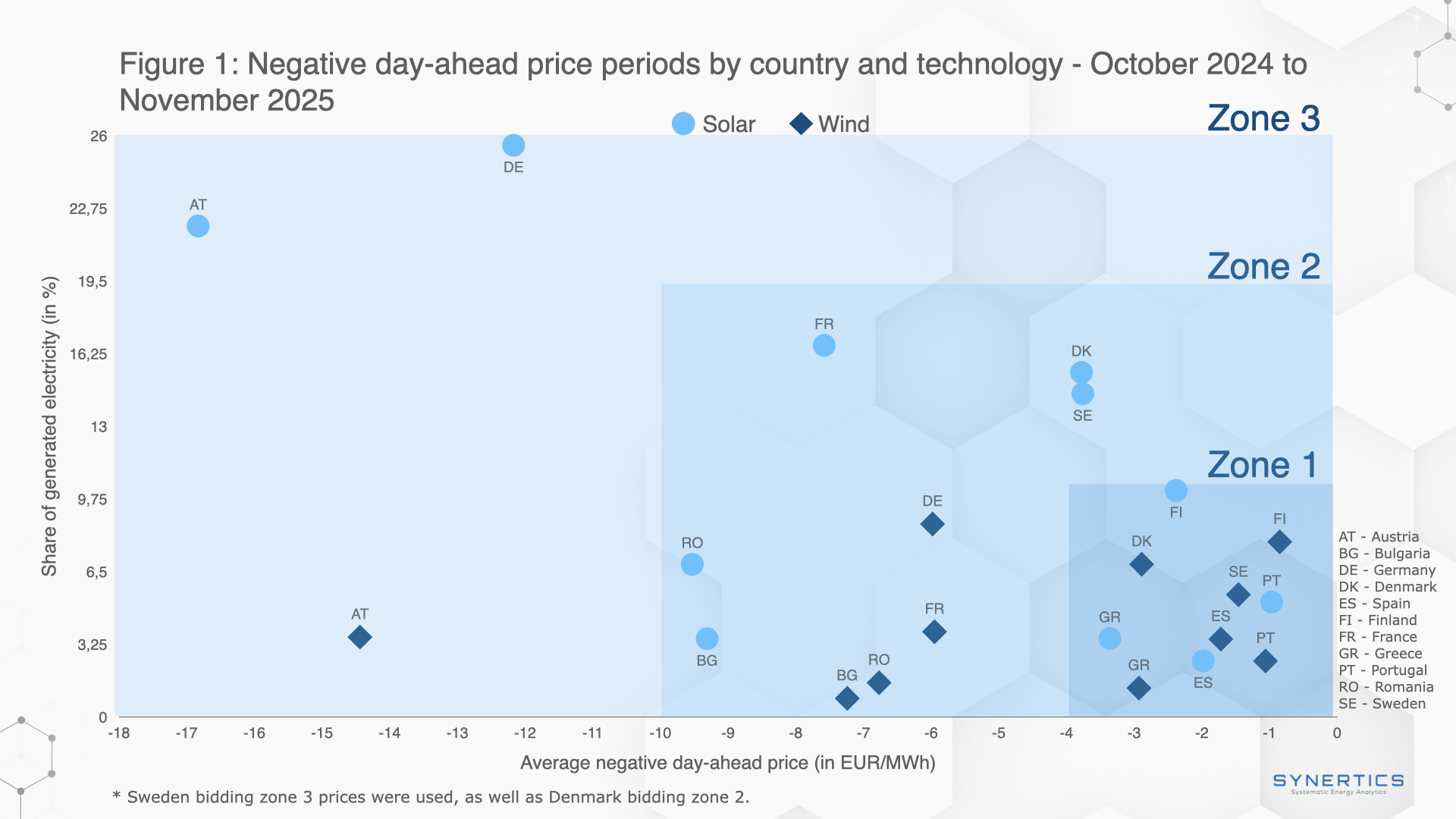Join us on our journey towards renewable energy excellence, where knowledge meets innovation.
Recent developments have raised questions about whether corporate climate ambitions are stalling, particularly amid economic pressures, geopolitical uncertainties, and shifting political landscapes. Headlines highlighting high-profile companies scaling back or reassessing their climate targets can give the impression that the momentum behind corporate decarbonisation is losing steam. But is this really the full picture?

Signs of Slowdown from High-Profile Companies
In 2025, major players in the energy and heavy industry sectors have shown signs of abandoning or slowing down their climate commitments. Shell and other energy groups, including Norway’s Aker BP and Canada’s Enbridge, withdrew from the Science Based Targets initiative’s (SBTi), a voluntary standard-setting body for corporate climate goals. While Shell also weakened its 2030 climate goals and scrapped a 2035 target last year, the oil and gas group has said it remains committed to reaching net zero emissions by 2050.
Similarly, in the steel sector, ArcelorMittal, the world’s second-largest steelmaker, announced it would drop plans to convert two German plants to carbon-neutral operations. The decision was driven by Germany’s high energy costs and uncertainty about the future energy mix.
While such headlines spotlight setbacks, they don't necessarily represent the broader direction of corporate climate action. Media coverage often focuses on high-profile rollbacks from large emitters, which can give the impression that corporate decarbonisation is broadly losing steam. However, actual data tells a more balanced story.
The Science Based Targets initiative (SBTi), reports a 30% increase in submissions in 2025 compared to a record year in 2024. This trend suggests continued momentum in setting formal decarbonisation strategies.
Additionally, according to data from CDP, a global non-profit that runs the world’s largest environmental disclosure system, over 4,000 companies indicated climate commitments in 2024, representing a nine-fold increase compared to five years ago. Notably, 37% of these companies are raising their ambitions, while only 16% are slowing their targets. This indicates that although some corporations are easing off more ambitious goals, the majority remain engaged in advancing decarbonisation efforts.
What’s particularly interesting is the emerging trend of “quiet progress”: companies are deliberately avoiding public announcements of new climate pledges to avoid potential scrutiny. Instead, they focus on progress behind the scenes, signalling a shift in how climate commitments are communicated.
Understanding the trajectory of corporate decarbonisation also requires looking beyond company-level trends to the broader regulatory landscape. Nowhere is this more relevant than in the European Union, where policy continues to play a pivotal role in shaping corporate climate action. Through initiatives like the European Green Deal and the Clean Industrial Deal, the EU has positioned itself as a global leader in the green transition, pushing for renewable energy expansion, low-carbon innovation, and industrial decarbonisation.
At the same time, the EU is refining how companies report on sustainability through its recent Omnibus package. This legislative effort seeks to simplify and streamline sustainability reporting requirements, particularly those related to decarbonisation, by amending key directives such as the Corporate Sustainability Reporting Directive (CSRD). One of the key changes is the significant reduction in the scope of the CSRD, removing around 80% of companies from mandatory sustainability reporting. Under the new proposals, only companies with more than 1,000 employees and either a turnover above €50 million or a balance sheet total above €25 million will remain subject to these rules.
While these changes aim to support companies by easing administrative pressures and fostering business competitiveness, there are concerns that narrowing the reporting scope could reduce transparency and slow momentum on corporate decarbonisation.
The picture of corporate decarbonisation in 2025 is nuanced. While some headline stories highlight companies retreating from ambitious targets amid economic and political pressures, the broader data reveals continued momentum worldwide. However, the full effects of recent regulatory changes, particularly the EU’s Omnibus package, remain to be seen. While the package reduces reporting burdens to promote business competitiveness, there are concerns it could dilute transparency and slow the pace of climate action.
In this evolving landscape, Power Purchase Agreements (PPAs) remain a critical lever for corporations to advance decarbonisation by directly sourcing renewable energy. As companies navigate policy uncertainties and economic challenges, PPAs provide a tangible pathway to meet renewable targets and demonstrate real emissions reductions, as well as save on energy costs.
Sources:
https://ec.europa.eu/commission/presscorner/detail/bg/qanda_25_615
https://www.energyintel.com/00000198-3243-d7c8-a3df-3f5ff2870000
https://www.dw.com/en/arcelormittals-pullout-plunges-german-green-steel-in-doubt/a-73303680
https://www.pwc.com/us/en/services/esg/library/decarbonization-strategic-plan.html

Market-trends
6th Feb, 2026

Insights, Market-trends
15th Dec, 2025

Market-trends, Projects
27th Nov, 2025